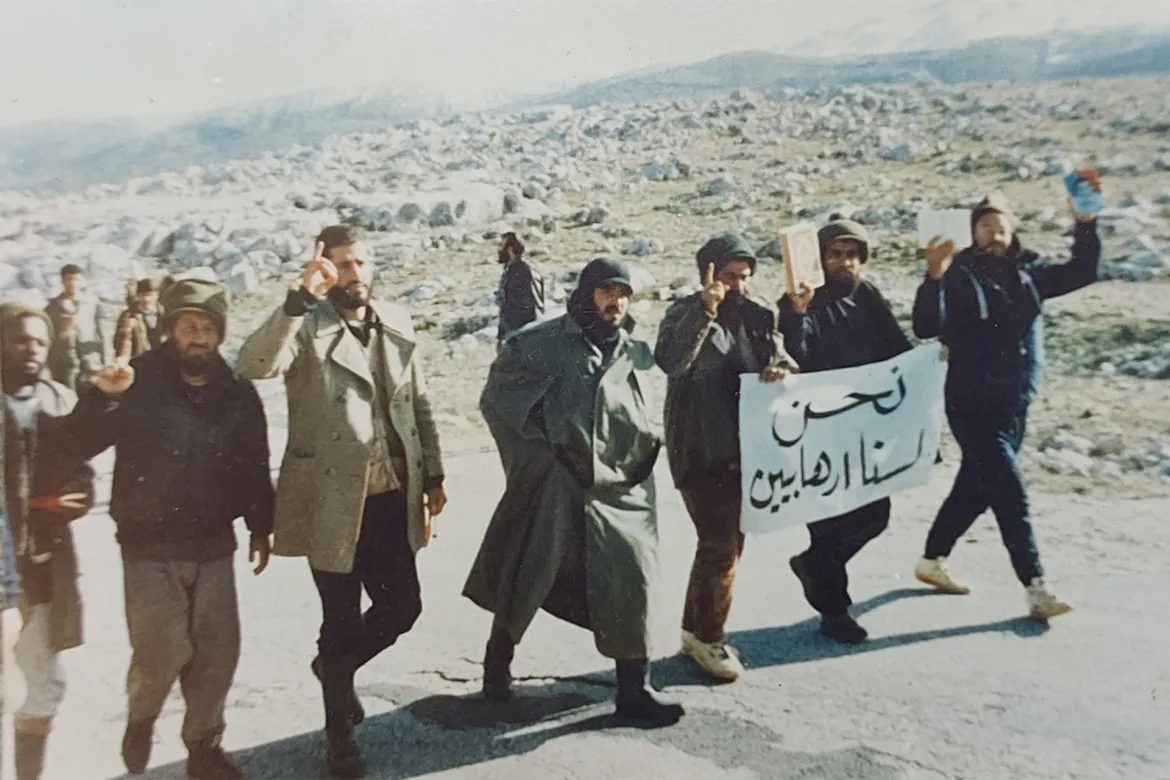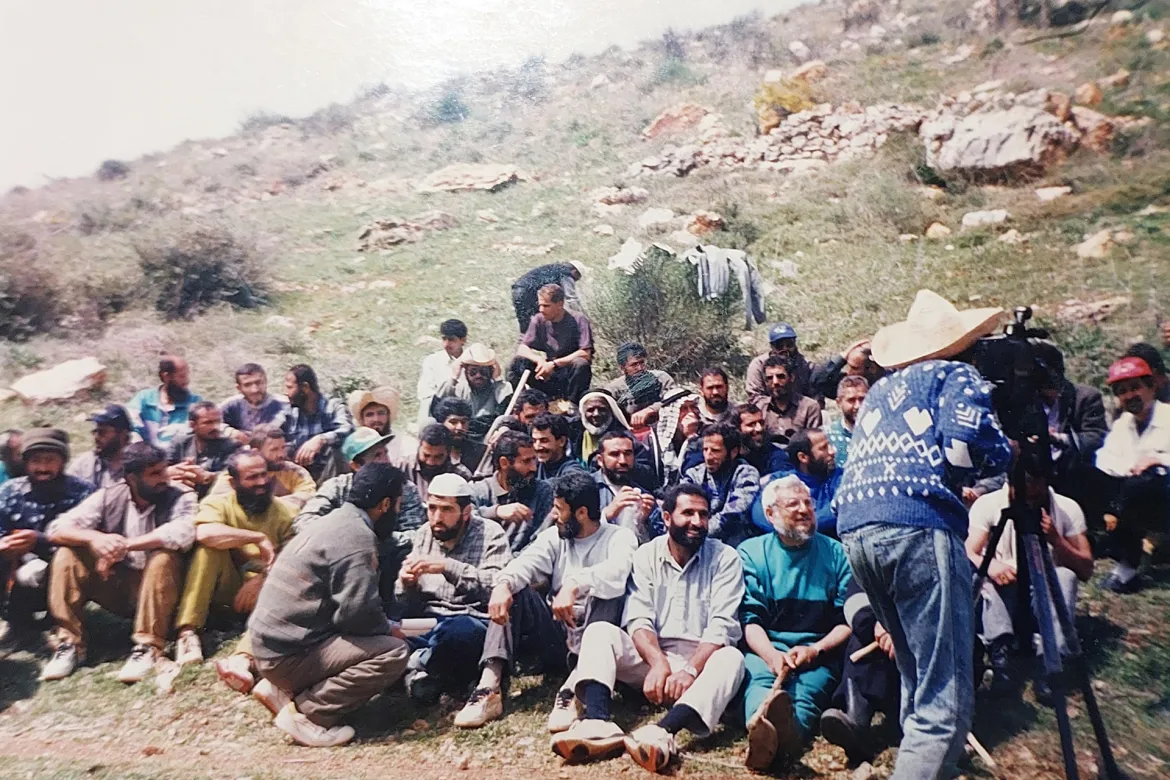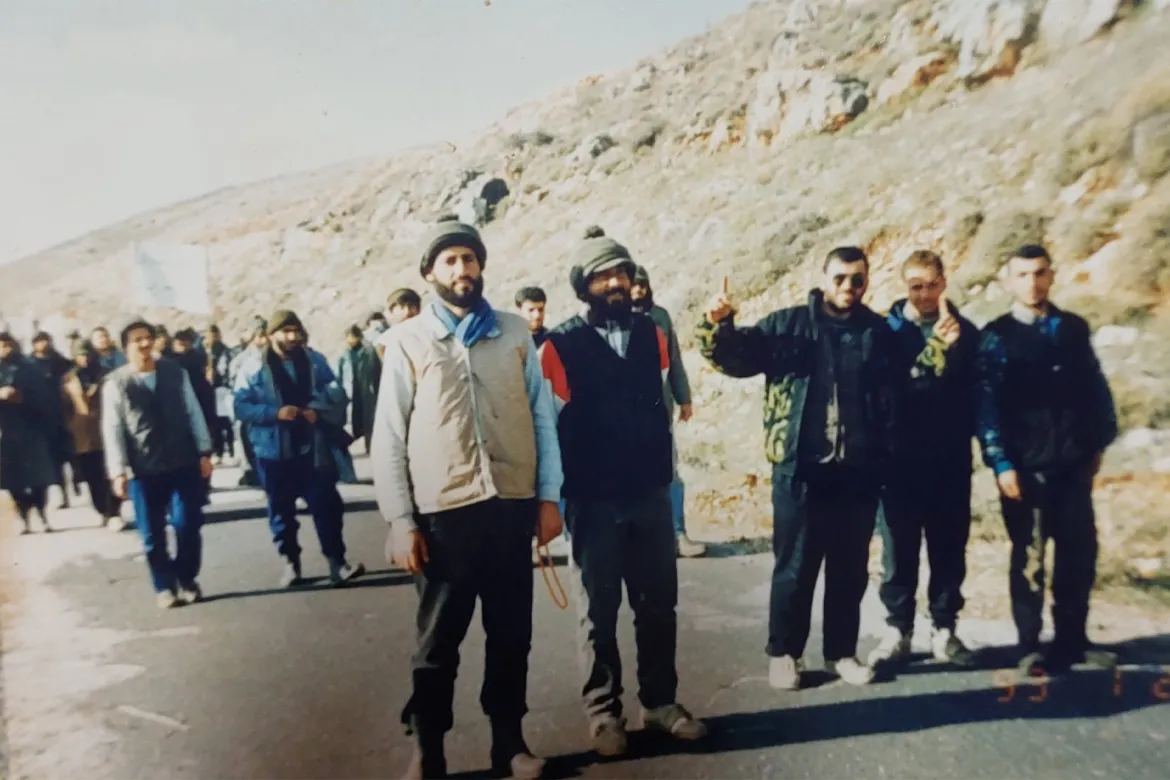Ramallah – Known in the media as “The Exiled of Marj Al-Zuhur,” the reference is to a region with the same name in southern Lebanon, where 416 leaders from the Islamic Resistance Movement (Hamas) and Islamic Jihad were deported on December 17, 1992.

The mass deportation was a response to the kidnapping of an Israeli soldier, and in retaliation, the Israeli forces launched a widespread arrest campaign across the West Bank and Gaza, expelling the detainees.

Upon their exile, the deportees unanimously rejected the decision and insisted on returning to their homes. When the Israeli army confronted them with gunfire each time they packed their bags and approached the border to return, they decided to stay out in the open, enduring harsh weather conditions until help arrived with tents, food, and water.

Marj Al-Zuhur’s experience marked an important chapter in the history of Hamas and Islamic Jihad, as their camp in southern Lebanon turned into a focal point for global media attention. This period also created an opportunity to expand relationships and mobilize resources against the occupation.

While in southern Lebanon, the exiled organized themselves into committees covering political, intellectual, and educational affairs, and appointed the late Abdul Aziz al-Rantisi as their official spokesperson.

Due to international pressure, UN Security Council Resolution 977 was issued on February 19, 1993, calling for their immediate return home. Most of the deportees returned within a year, while a few elected to remain abroad.



